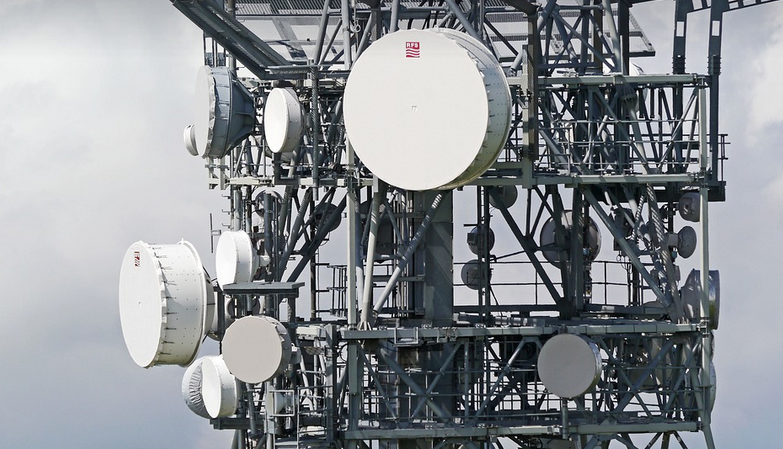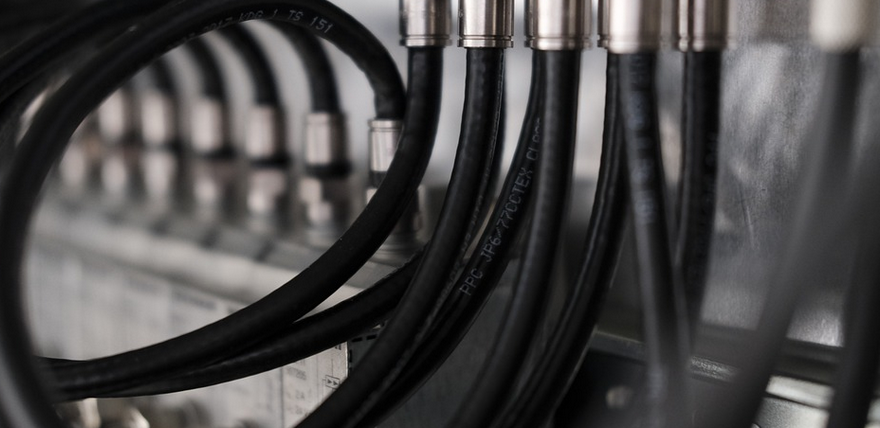Navigating the Potential Issues of a 2003 Honda Accord
Owning a 2003 Honda Accord is an experience that many drivers cherish. Its spacious interior, fuel efficiency, and reliability have made it a popular choice for years. As with any vehicle, however, certain components can occasionally exhibit issues, especially the transmission. Knowing about potential problems can help you avoid unexpected expenses or even major repairs down the road. Let’s delve into the realm of 2003 Honda Accord transmission troubles and explore insights to keep your ride running smoothly. One crucial factor influencing transmission longevity is the usage pattern of the vehicle. If driven primarily in city traffic with frequent starts and stops, the transmission could experience wear and tear faster than a driver who utilizes highway travel more often. This accelerated wear can manifest as shifts becoming sluggish, rough shifting experiences, or even a delay in engaging gears. A common issue that arises with the 2003 Honda Accord transmission is the “clunk” sound when shifting. Although not always indicative of major problems, this clunking could indicate worn-out synchros, which are small metal components responsible for smooth gear transitions. Synchros wear down over time due to constant engagement and disengagement of gears, leading to uneven pressure on the gearbox. Another common complaint is the “slipping” sensation during acceleration or while negotiating inclines. This slipping typically occurs when the transmission’s torque converter is unable to transfer power efficiently from the engine to the wheels. This could be caused by fluid issues in the transmission itself, leading to uneven pressure and ultimately hindering smooth gear shifts and power delivery. If you notice a significant decrease in your vehicle’s acceleration or a sudden increase in noise coming from the transmission, it might signal an issue with the torque converter or clutch system. The torque converter is responsible for transmitting engine power to the transmission, while the clutch system helps ensure smooth engagement of gears.
If left unchecked, these problems can lead to more serious issues like a complete transmission failure. While some minor wear and tear are expected over time and may not necessarily require immediate attention, it’s essential to be proactive in addressing any potential issues early on. Regular maintenance is crucial for maintaining the health of your transmission and ensuring smooth performance. Regularly checking fluid levels and condition is key to maintaining your Accord’s transmission. Trans fluid acts as a lubricant for gears and other moving parts within the transmission, so keeping it clean and topped off is vital for optimal operation.
An indication of an impending leak can also be detected by the transmission fluid’s color or smell. A metallic odor could signal potential transmission issues while a rusty hue might indicate contamination or corrosion that needs attention. While a slight discoloration in the transmission fluid may not always be cause for alarm, it is important to check and address any changes promptly to avoid more significant problems down the road. Periodically checking your vehicle’s dipstick can provide valuable insight into its overall health. Checking the transmission fluid level regularly will help you stay ahead of potential issues. This simple step allows you to proactively address any minor issues before they progress and potentially lead to major repairs in the future.
Maintaining a consistent schedule for servicing your Honda Accord is another important factor in preventing transmission problems. This routine maintenance involves checking fluid levels, replacing worn-out filters, and ensuring all necessary components are functioning as intended. While it’s always best to follow your manufacturer’s recommended service schedule, you can utilize these general tips for your specific 2003 Honda Accord:
* **Regular oil changes:** A simple yet essential part of routine maintenance is changing the engine oil, which helps lubricate and protect various components within the vehicle, including the transmission. It’s always advisable to consult your owner’s manual for recommended intervals for oil change.
* **Transmission fluid checks and replacements:** The transmission fluid plays a crucial role in smooth gear shifts and overall performance. It’s often important to check and change this fluid as per the manufacturer’s recommendations. A clean, well-maintained transmission ensures longevity and optimal operation. While these steps can help you prevent potential transmission problems and keep your Accord running smoothly for years to come, it’s crucial to be aware of the signs that indicate an issue may be present:
* **Smooth Gear Transitions:** If you notice a delay when shifting gears or if the car feels sluggish during acceleration, especially in hilly terrain, there could be a problem with the transmission. It’s important to investigate this further as early intervention can prevent major damage down the line.
* **Unusual Noises:** Listen for any unusual noises coming from the engine or transmission area. A grinding, clunking, or even a whining sound could indicate a problem with the transmission system and warrant immediate attention.
* **Slipping Gears:** A sudden feeling of slipping or lack of power when accelerating can be a sign that something is not working as it should within the transmission system. It’s vital to address these issues promptly, as they could lead to more significant problems if ignored.
**Proactive Maintenance: Your Best Defense Against Transmission Troubles** Maintaining your 2003 Honda Accord transmission requires a proactive approach. Regular maintenance plays a critical role in preventing potential issues and prolonging its lifespan. The key to successful transmission care lies in staying vigilant about various aspects of the system’s health. * **Fluid Checks:** Regularly checking the transmission fluid level and color is crucial for maintaining optimal performance. A simple visual inspection can reveal any potential leaks or contamination that could indicate an impending issue.
* **Transmission Fluid Changes:** Changing the transmission fluid at regular intervals (as recommended by your owner’s manual) is essential to prevent build-up and ensure smooth gear shifts. It also helps in maintaining optimal performance, extending the life of your transmission, and preventing costly repairs down the line.
* **Filter Replacement:** Regular replacement of the transmission filter is crucial for maintaining the transmission’s cleanliness and overall health. A clean filter allows for proper flow of fluid and prevents debris from clogging vital components within the system.
**When to Seek Professional Assistance** While you can take some preventative measures yourself, it’s important to seek professional assistance when necessary. When your Accord’s transmission exhibits signs of trouble that are not easily addressed at home, such as sudden or persistent gear-shift problems, a lack of power, and unusual noises, it’s time to head to an experienced mechanic. The skilled hands of a qualified technician can diagnose the problem accurately and recommend the appropriate course of action, be it simple repairs or more extensive services like transmission fluid flushes or even complete transmission replacements. You could end up saving money in the long run if you seek professional assistance early on when it comes to any transmission-related issues. ** Conclusion** Owning a 2003 Honda Accord is an experience many drivers cherish, and with proper maintenance and vigilance, its transmission can remain healthy for years to come. By understanding potential issues, adopting preventive measures, seeking expert assistance when needed, and staying aware of your vehicle’s overall condition, you can ensure smooth and dependable performance from your 2003 Honda Accord for years to come!



